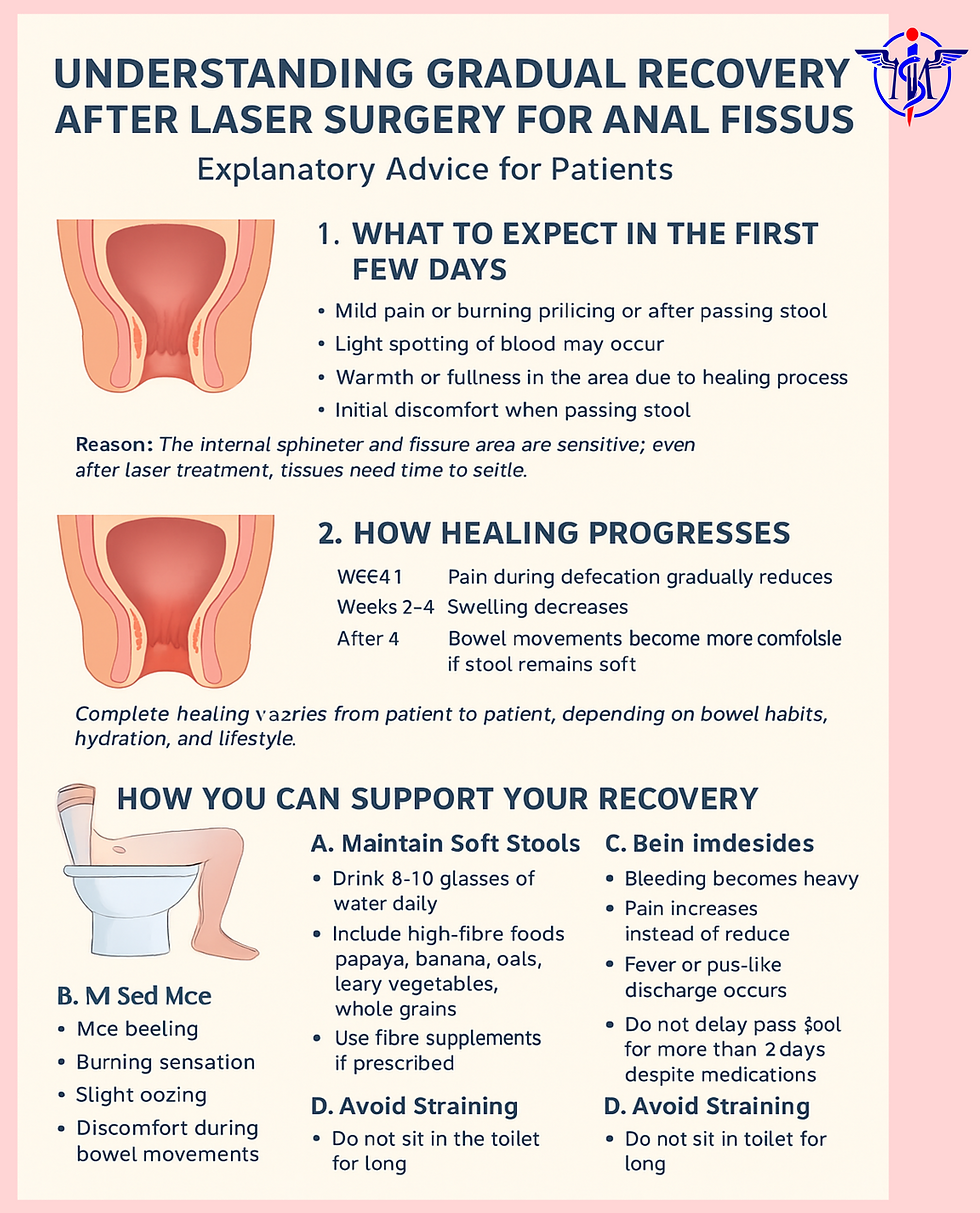Gallstones! The India Story!
- Daipayan Ghosh

- May 24, 2023
- 3 min read
Gallstones are a common medical condition worldwide, including in India. The incidence and causes of gallstones in India are influenced by various factors, including genetic predisposition, lifestyle, diet, and demographic factors. Here is some information regarding the incidence and causes of gallstones in India:
Incidence: Gallstones are prevalent in India, with a reported incidence ranging from 5% to 22% in different population studies. The prevalence tends to be higher in urban areas compared to rural regions.
Age and Gender: Gallstones can occur at any age, but the risk increases with age. Women are more prone to developing gallstones than men, especially during the reproductive years and after menopause. The female-to-male ratio is approximately 2:1.
Genetic Predisposition: Genetic factors play a role in the development of gallstones. Certain ethnic groups in India, such as North Indians, have a higher prevalence of gallstones compared to other populations.
Obesity and Sedentary Lifestyle: Obesity is a significant risk factor for gallstones. The rising prevalence of obesity in India has contributed to an increased incidence of gallstones. Sedentary lifestyle habits and lack of physical activity also contribute to the risk.
Diet: Dietary factors can influence the formation of gallstones. A diet high in refined carbohydrates, saturated fats, and cholesterol and low in fiber increases the risk. The traditional Indian diet, which includes a high intake of fatty foods, ghee (clarified butter), and spices, may contribute to gallstone formation.
Rapid Weight Loss: Quick weight loss, whether through crash diets or bariatric surgery, can lead to an increased risk of gallstones. This is because rapid weight loss alters the balance of bile components, promoting stone formation.
Metabolic Disorders: Certain medical conditions like diabetes, metabolic syndrome, and dyslipidemia (abnormal blood lipid levels) are associated with an increased risk of gallstones.
Gallbladder Dysfunction: Conditions that affect the proper emptying of the gallbladder, such as gallbladder dysmotility or stasis, can contribute to the formation of gallstones.

Why Do Gallstones Appear More In Indian Women?
The higher incidence of gallstones in Indian women compared to men can be attributed to multiple factors, including hormonal influences, genetic predisposition, and lifestyle factors. Here are some reasons why gallstones appear more frequently in Indian women:
Estrogen Levels: Estrogen, a female sex hormone, has been associated with an increased risk of gallstones. Estrogen stimulates the liver to produce more cholesterol, which can contribute to the formation of gallstones. Women generally have higher levels of estrogen, especially during their reproductive years and after menopause when hormone levels fluctuate. These hormonal changes may increase the risk of gallstone formation.
Multiple Pregnancies: Indian women often have a higher number of pregnancies compared to women in some other regions. Multiple pregnancies, especially those with shorter intervals between pregnancies, have been linked to an increased risk of gallstones. Pregnancy hormones can affect gallbladder function and promote the development of gallstones.
Obesity and High Caloric Intake: Obesity is more prevalent among Indian women, and it is a significant risk factor for gallstone formation. In India, dietary habits often include a high intake of calorie-dense foods, saturated fats, and cholesterol. Obesity and a high-calorie diet can lead to increased cholesterol secretion into the bile, contributing to gallstone formation.
Sedentary Lifestyle: Many Indian women, particularly in urban areas, lead sedentary lifestyles with limited physical activity. Lack of exercise or physical inactivity has been associated with a higher risk of gallstones.
Genetic Factors: Genetic predisposition can also influence the development of gallstones. Certain ethnic groups in India, such as North Indians, have a higher prevalence of gallstones. Genetic factors related to cholesterol metabolism, gallbladder motility, and bile composition may contribute to the increased susceptibility of Indian women to gallstones.
It's important to note that while these factors may contribute to a higher incidence of gallstones in Indian women, individual variations exist, and not all Indian women will develop gallstones. Regular exercise, maintaining a healthy weight, and adopting a balanced diet can help reduce the risk of gallstones in both men and women. If you have concerns about gallstones or any other health condition, it is advisable to consult a healthcare professional for personalized advice and guidance.




Comments